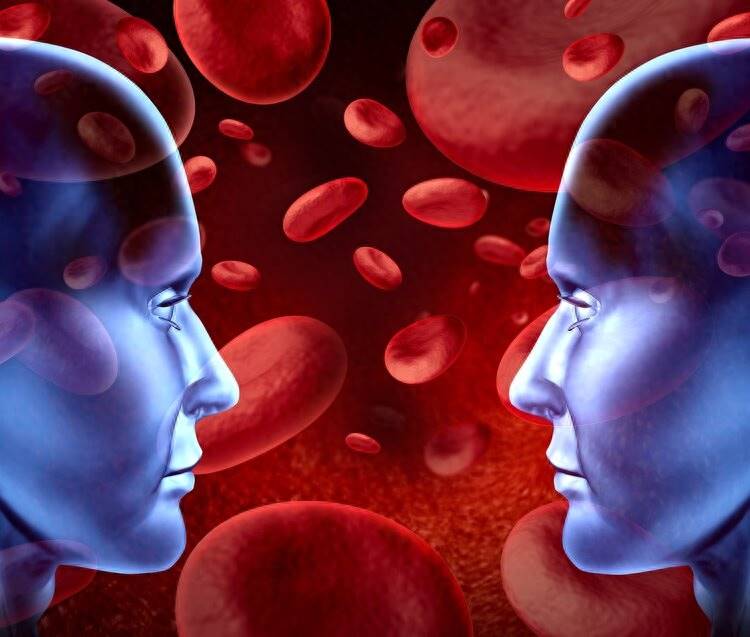
The Blood Type Debate: From Stroke Risk to Cancer Prevention One: Over 600,000 People Study Reveals Lower Stroke Risk for Blood Type O A study published in Neurology in August 2022 analyzed 48 studies on genetics and ischemic stroke.
The results showed that individuals with blood type A had a higher risk of early-onset stroke (48%), while those with blood type O had a lower risk (35%). After considering other factors, individuals with blood type A had a 16% higher risk of early-onset stroke, while those with blood type O had a 12% lower risk before the age of 60.

However, these increased risks are relatively minor, and there is no need for additional screening or medical tests based on these findings. Two: Debunking Blood Type Personality and Disease Theories 1. Blood type and personality: The theory linking blood type to personality traits originated from a Japanese scholar in the early 20th century.
However, there is insufficient scientific evidence to support this theory. Modern biological research suggests that blood type is only related to surface antigens on red blood cells and does not determine personality traits.
2. Blood type and diabetes risk: There is a 21% increased risk of type 2 diabetes in individuals with blood types A and B, according to a study in the official journal of the European Association for the Study of Diabetes.
The exact reasons for this association are unknown, but it is speculated that blood type may influence the gut microbiome, affecting glucose metabolism.

However, blood type itself is not a major determinant of diabetes, as this complex metabolic disease is influenced by various factors such as genetics, weight, lifestyle, diet, and physical activity.
3. Blood type and cancer risk: A study from Shanghai Jiao Tong University showed that individuals with blood type A have a higher risk of digestive tract cancer, while those with blood type B have a lower risk of cancer. However, the biological mechanisms and molecular mechanisms behind the relationship between blood type and cancer are still being explored, and there is no complete clarity on this matter.
Three: Harvard Study Reveals a 61% Reduction in Cancer Risk In a study published in Frontiers in Aging, researchers from the University of Zurich and Harvard University found that a combination of high-dose vitamin D supplementation, omega-3 fatty acid supplementation, and simple home exercise programs reduced cancer risk by 61% among individuals aged 70 and above.

To implement this prevention strategy, seniors should consider: 1. Vitamin D supplementation: Vitamin D helps maintain bone density, reduce inflammation, enhance immunity, and lower the risk of certain cancers. The most natural source of vitamin D is sunlight, so spending time outdoors during the weaker sun hours (early morning or evening) is recommended.

If sunlight exposure is inadequate, vitamin D supplements can be taken under medical guidance, typically ranging from 2000-5000 IU per day. 2. Omega-3 fatty acid supplementation: Omega-3s are associated with improved cognitive function, healthier brain structure, and a lower risk of dementia among healthy middle-aged and older adults. Omega-3s can be obtained from fatty fish such as salmon, cod, trout, and sardines (2-3 servings per week) or plant-based sources like flaxseeds, walnuts, and sesame seeds.

3. Moderate exercise: Seniors can choose various types of exercises, including walking, swimming, yoga, and balance exercises. It is recommended to engage in at least 150 minutes of brisk walking or swimming per week and 2 sessions of muscle-strengthening activities to enhance muscle and bone density.
Prior consultation with a doctor is advised, especially for those with chronic conditions or other health issues.
While some studies suggest a weak association between specific blood types and certain health conditions, these associations are typically minor and not major determinants of health risks. Individuals should focus on adopting a healthy lifestyle to maintain overall well-being.



















